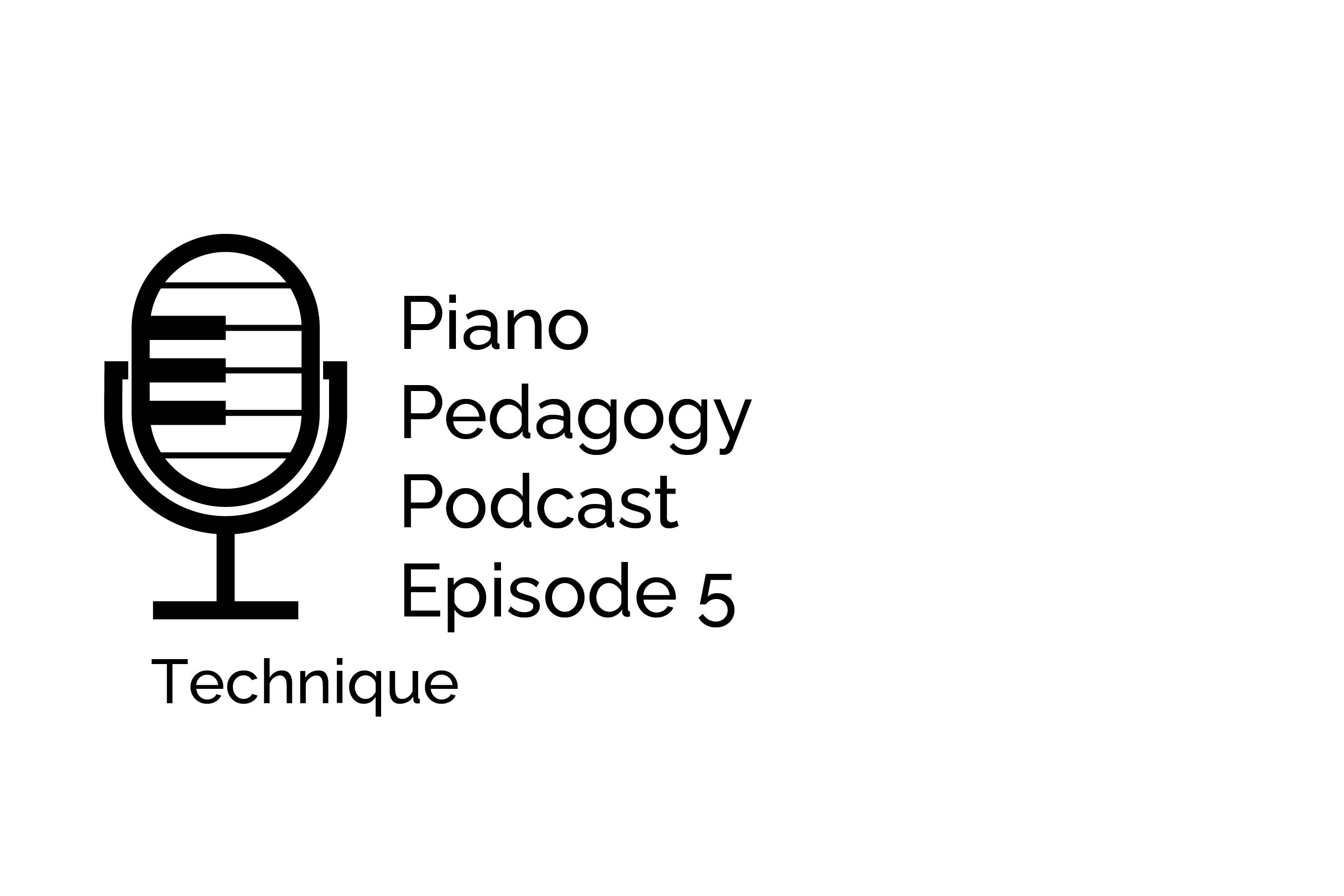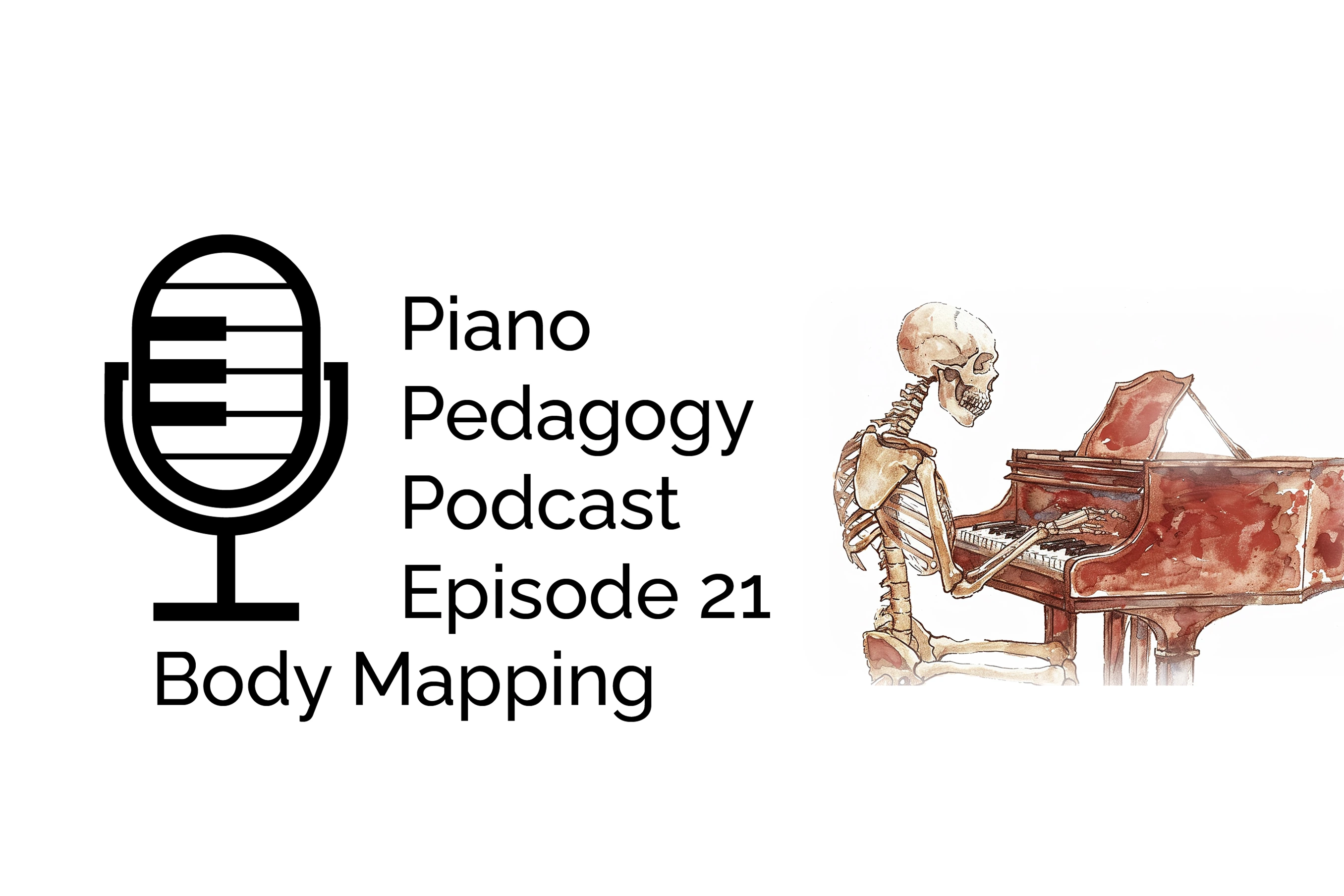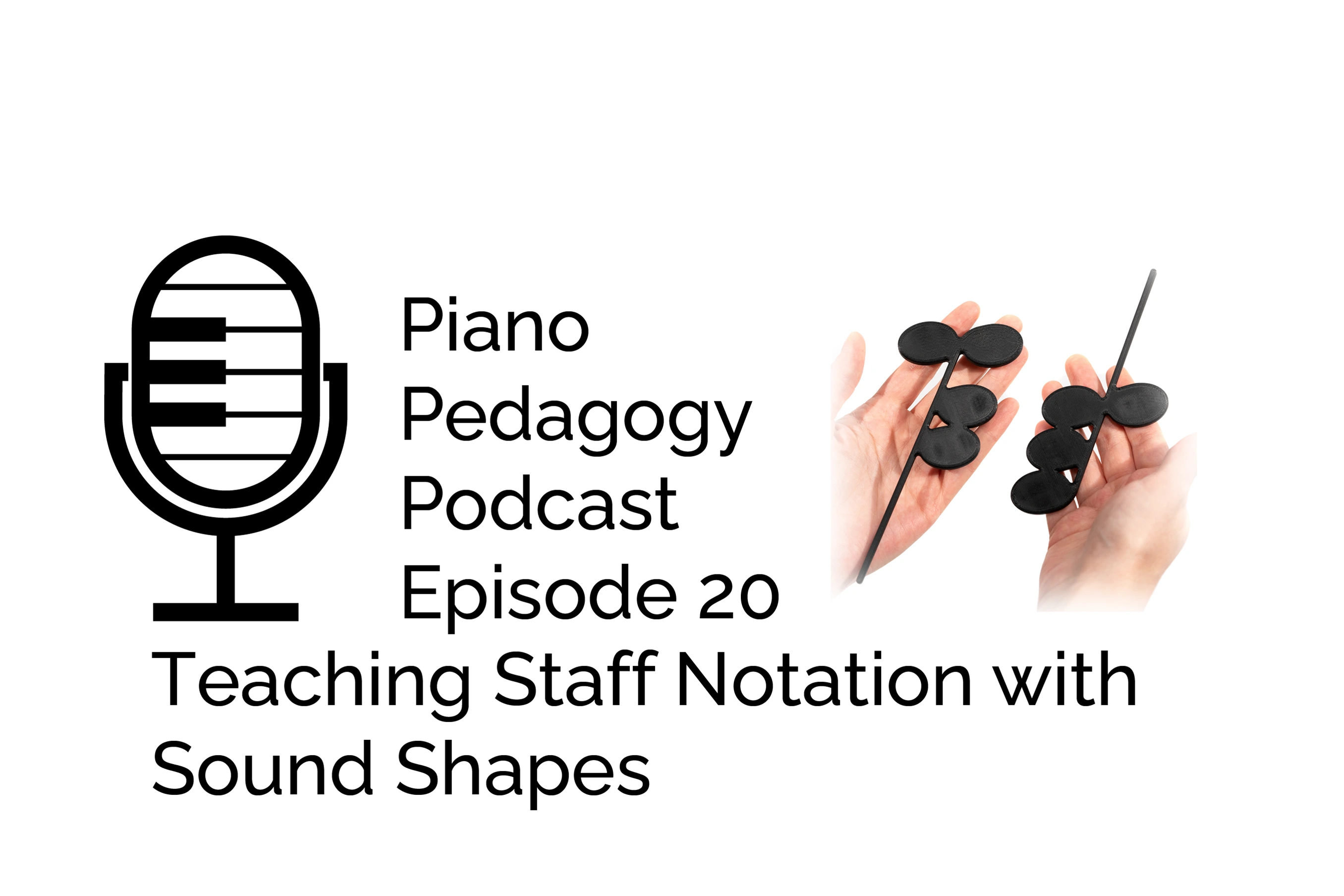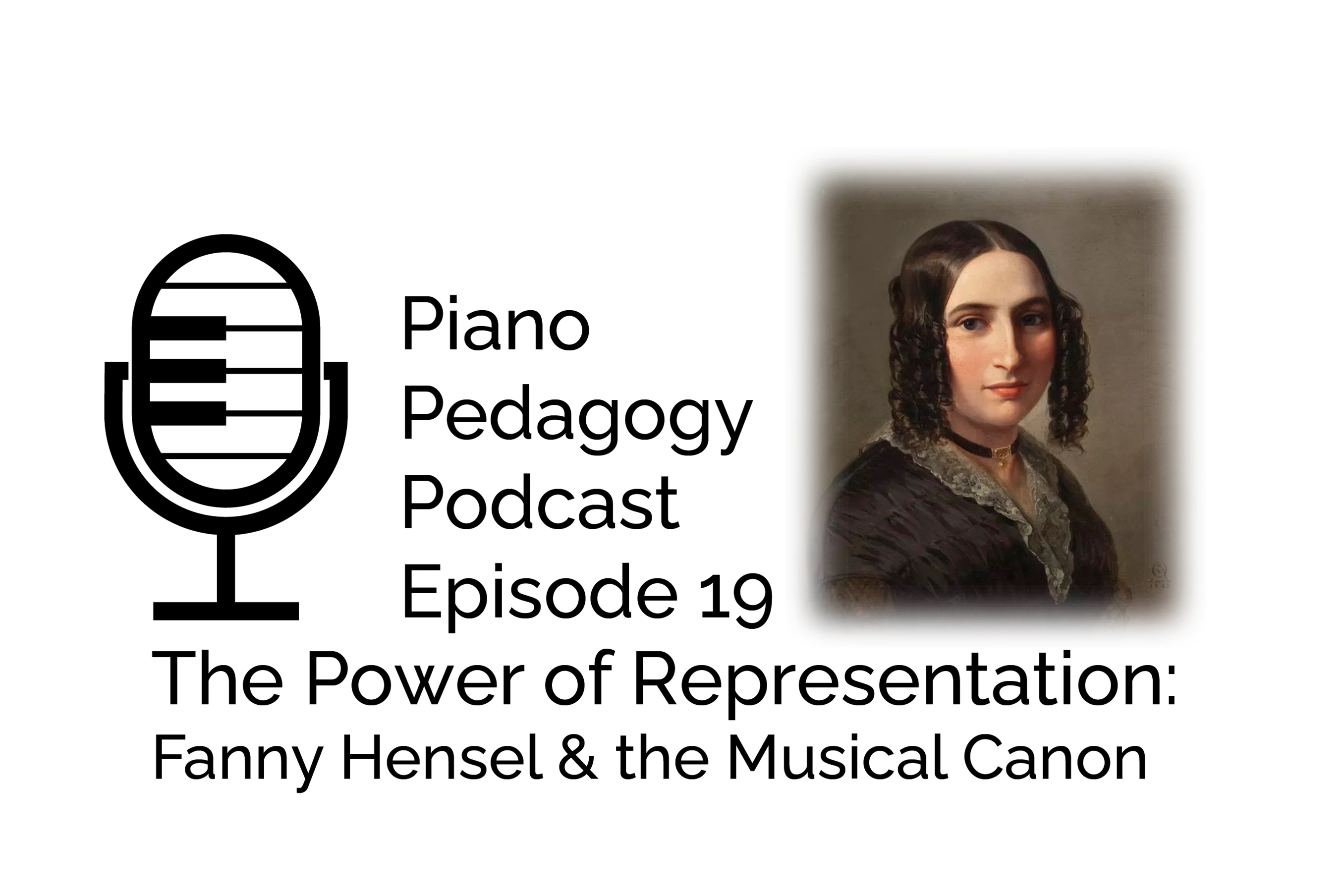Piano Pedagogy Podcast Episode 5: Technique

Episode Overview
Jacqueline Beckoff and Arianne Lakra, have a dynamic discussion about developing solid piano technique. They focus on creative teaching strategies, the importance of starting with strong fundamentals, and how to make technique a core driver of musical
expression. This episode is full of actionable tips, insights gleaned from years of teaching, and a shared passion for making piano learning enjoyable for students of all ages.
Watch it on Spotify, YouTube, or your favorite podcasting app.
Episode Notes
The Power of Playful Cues
- Jacqueline introduces her lighthearted "marker toss" technique. Used sparingly and with humor, this playful disruption encourages students to self-correct finger technique without feeling discouraged or overly criticized.
- Arianne discusses her tally mark system for missed retakes (bowing technique for violin students). It visually reinforces the importance of consistency and helps students track their improvement.
- The importance of non-verbal and indirect teaching methods is stressed. These techniques encourage student focus, minimize interruptions, and foster a positive learning environment.
Building from the Basics
- Teachers must recognize that foundational skills aren't always intuitive. Students may lack basic muscle awareness needed for precise piano playing.
- Introduce techniques from the very beginning. This creates good habits and prevents the need to backtrack and fix ingrained issues later.
- "Finger lifts" and other exercises help isolate finger movements, a crucial skill that is often overlooked.
- Piano teaching is partly helping students understand their own bodies. What might seem automatic for an experienced teacher must be consciously developed in newer students.
- Technique isn't just about efficiency; it's closely tied to musical expression. Technique 'secrets' and the technique gestures can be valuable tools.
Talking About Technique
- Many piano students might struggle to explain why they practice fundamental exercises like scales. Teachers have a responsibility to fill this knowledge gap.
- Adults learn best when they understand the theory behind the practice. Explain the mechanics involved in their technique development.
- Jacqueline and Arianne offer their respective definitions of "piano technique," highlighting different but complementary facets like physical movement, mental strategies, and achieving desired musical effects with ease.
Episode Recap
- Creative Correction: Non-verbal cues and playful humor can be powerful tools in correcting technique while keeping the lesson enjoyable.
- Solid Foundation: Address technique from the earliest lessons using memorable gestures, avoiding the need for extensive remediation in the future.
- Student Perspective: Remember that seemingly simple skills might be less intuitive for new learners. Patience and tailored exercises are key.
- Explain the "Why": Motivate students and deepen their understanding by explaining the purpose behind exercises and techniques.


